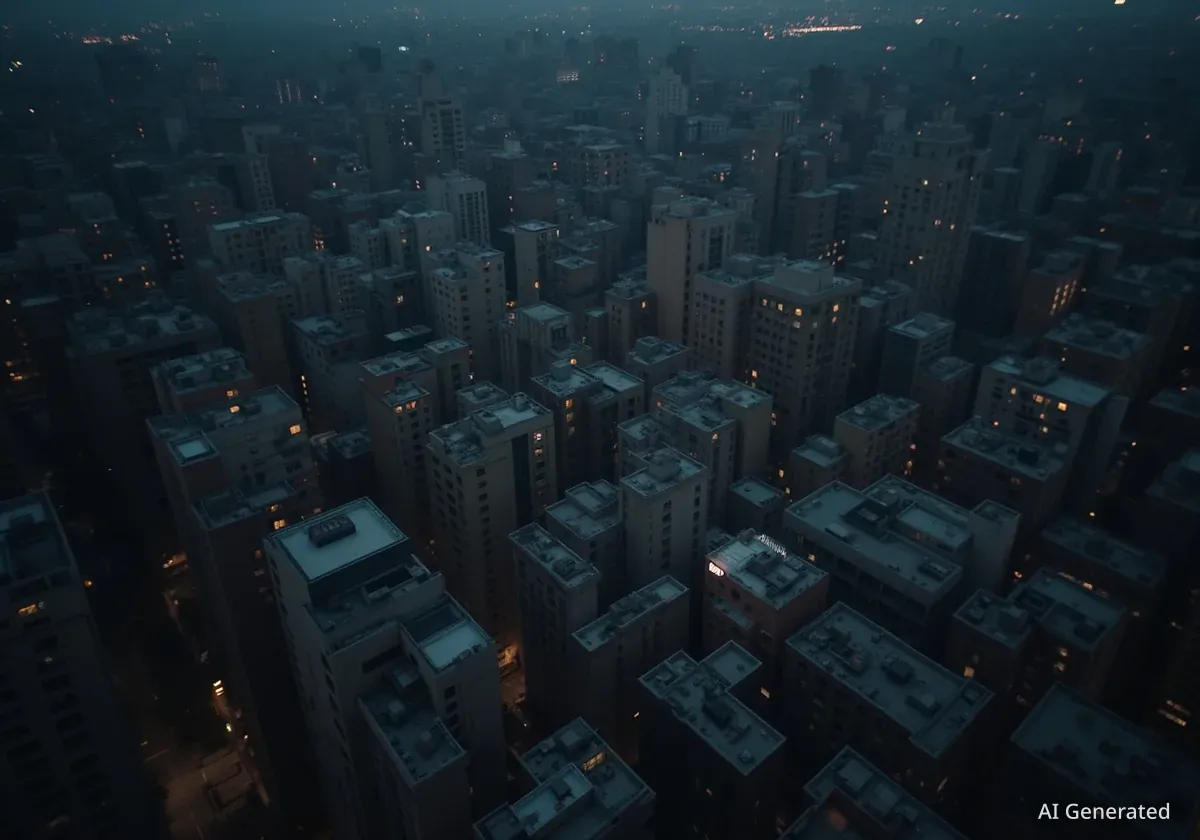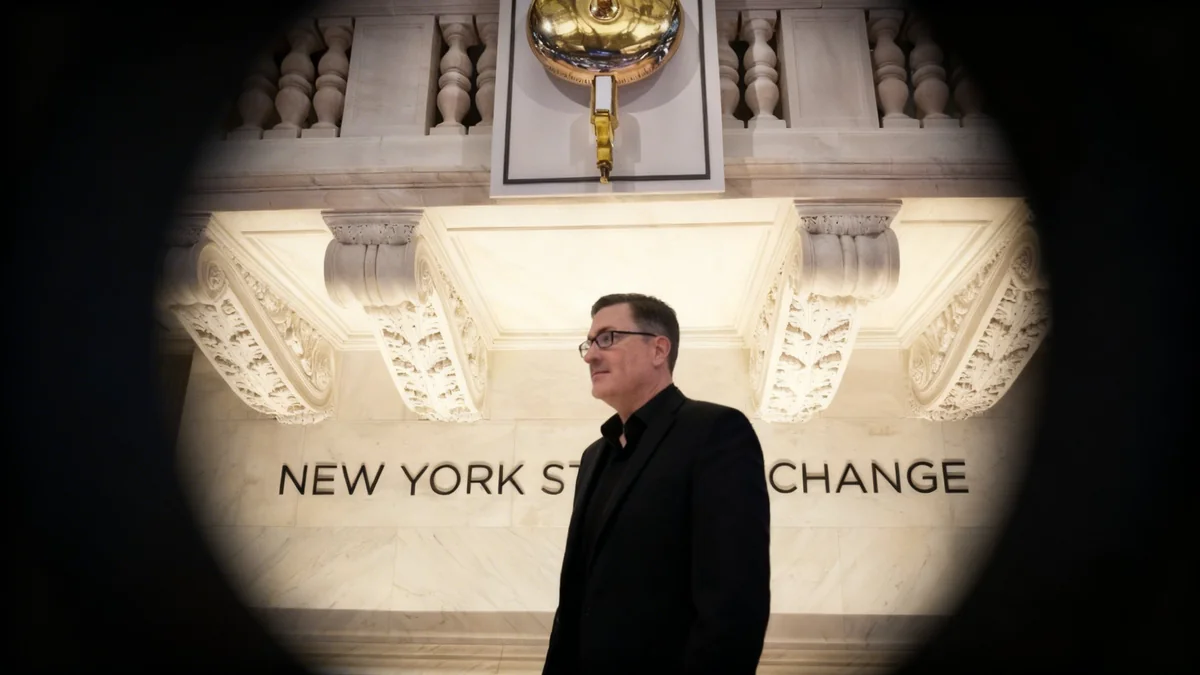New York City's aggressive crackdown on short-term rentals, intended to increase housing availability and reduce rental costs, has not yielded the expected results. More than a year after the implementation of Local Law 18, city rents remain near all-time highs and the housing vacancy rate has fallen to a historic low, raising questions about the policy's effectiveness in solving the housing crisis.
Key Takeaways
- New York City's Local Law 18, enforced since September 2023, has significantly reduced the number of short-term rental listings.
- Despite the law, average rents in the city have not decreased, and Manhattan's housing vacancy rate hit a record low of 1.4%.
- Many former short-term rental units did not return to the long-term housing market, limiting the impact on supply.
- The primary beneficiaries of the crackdown appear to be hotels, which have seen a significant increase in revenue and nightly rates.
- Cities like Barcelona are pursuing similar bans, while research suggests alternative policies may be more effective.
The Intention Behind Local Law 18
New York City officials implemented Local Law 18 with two primary objectives. The first was to address quality-of-life concerns for residents in neighborhoods popular with tourists, who often felt displaced by the constant flow of temporary visitors. The second, more critical goal was to alleviate the city's severe housing shortage.
The core belief was that by eliminating illegal short-term rentals, thousands of apartments would be returned to the long-term housing market. This influx of supply was expected to increase the city's low vacancy rate and, as a result, stabilize or even lower the persistently high cost of rent for New Yorkers.
What is Local Law 18?
Effective September 2023, Local Law 18 requires all short-term rental hosts (renting for fewer than 30 days) to register with the city's Office of Special Enforcement. Platforms like Airbnb and Vrbo are prohibited from processing transactions for unregistered properties. This registration system was designed to effectively end the operation of thousands of unpermitted short-term rentals.
An Unchanged Housing Market
Data shows the law has been successful in one respect: curbing illegal listings. According to the Mayor's Office, the policy has nearly "eradicated" illegal short-term rental activity. Before the law, officials estimated there were as many as 38,000 illegal listings on a single platform at the start of 2023. Today, the number of active, registered short-term rentals is approximately 3,000.
However, this sharp reduction in listings has not translated into relief for renters. The city's housing vacancy rate dropped to 1.4%, a multi-decade low, according to a report from NYC Housing Preservation & Development. This indicates an even tighter housing market than before the law took effect.
Furthermore, rental prices have continued to climb. Zillow data showed average asking rents in the city reached a record of approximately $3,800. In Manhattan, the situation is more pronounced, with median rents hitting $4,571 in May, according to a Spectrum News NY1 report.
Why Didn't Supply Increase?
A report by The Wall Street Journal found that many property owners did not convert their former short-term rentals into standard year-long leases. Instead, some shifted their business model to legal, medium-term stays of 30 days or more. Others chose to keep the units for personal use or leave them vacant rather than navigate the long-term rental market.
The Economic Ripple Effects
While the law has not lowered housing costs for residents, it has had other significant economic consequences. The most direct impact has been on tourists and the hotel industry.
Increased Costs for Visitors
With fewer affordable short-term rental options, tourists face higher accommodation costs. A study published in the Harvard Business Review analyzed the effects of such bans and found that the absence of Airbnb access increases a traveler's costs by an average of $91 per night. The study also noted that it restricts lodging options to concentrated hotel districts, reducing tourist spending in other neighborhoods.
A Windfall for Hotels
The hotel industry has emerged as a clear winner. With reduced competition, hotels have been able to raise their prices significantly. Average revenue per available room jumped by 7% from 2023, reaching $283 per night. During the 2024 holiday season in Manhattan, the average nightly hotel rate soared to a record $417, as reported by The New York Times.
Global Context and Alternative Solutions
New York is not alone in its efforts to regulate short-term rentals. Other major tourist destinations are grappling with similar issues, with varying approaches and results.
- Barcelona: In June 2024, city officials announced a plan to eliminate all tourist apartments by November 2028. The move involves revoking more than 10,000 existing licenses to combat rising housing costs.
- Amsterdam: The city banned short-term rentals in three central districts in 2020, but this outright ban was overturned by a court in 2023. The city now focuses on stricter enforcement of permitted rentals.
Research from Barcelona indicated that while short-term rentals contributed to a 7% rent increase in the most affected neighborhoods, this occurred alongside a nationwide rise in property costs, suggesting vacation rentals are only one factor in housing affordability.
"Outright bans are a blunt tool that don’t solve the housing problem, but do raise costs for tourists and remove a source of income for homeowners."
- Harvard Business Review
The authors of the Harvard Business Review study argue against total prohibitions. They suggest more nuanced policies could be more effective. These include:
- Capping the number of nights a property can be rented per year.
- Implementing license limits at a neighborhood level to prevent over-concentration.
- Requiring platforms to share data to ensure compliance and better inform policy.
These alternative approaches aim to balance the benefits of occasional home-sharing for residents and tourists with the need to prevent large-scale conversions of housing stock into commercial hotel-like operations. For now, New York's experience suggests that simply banning short-term rentals is not a substitute for the fundamental need to build more housing.





